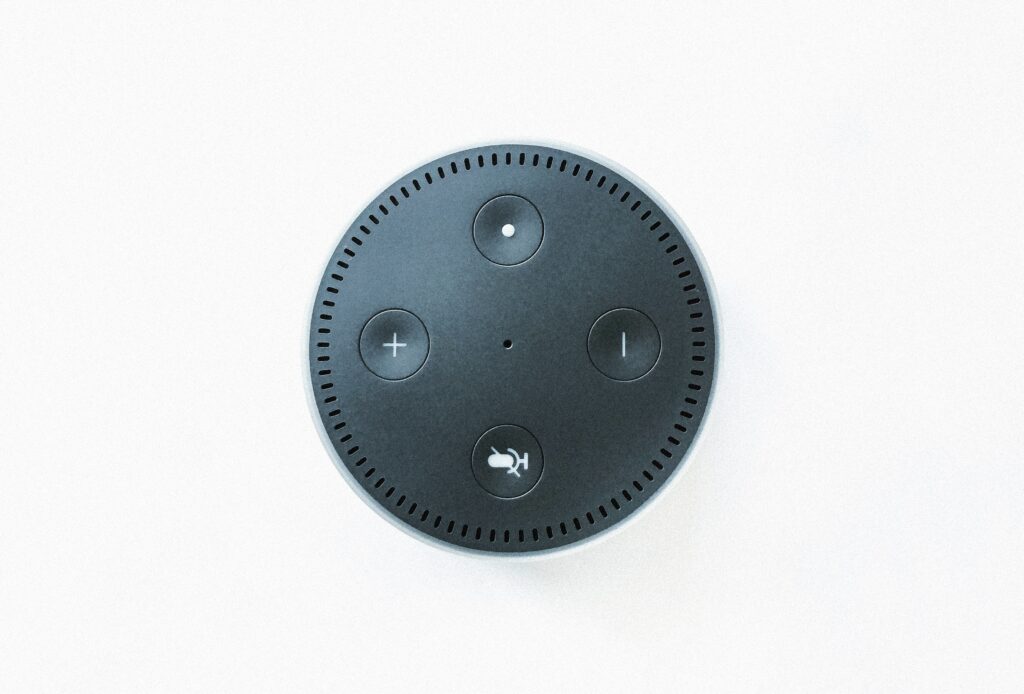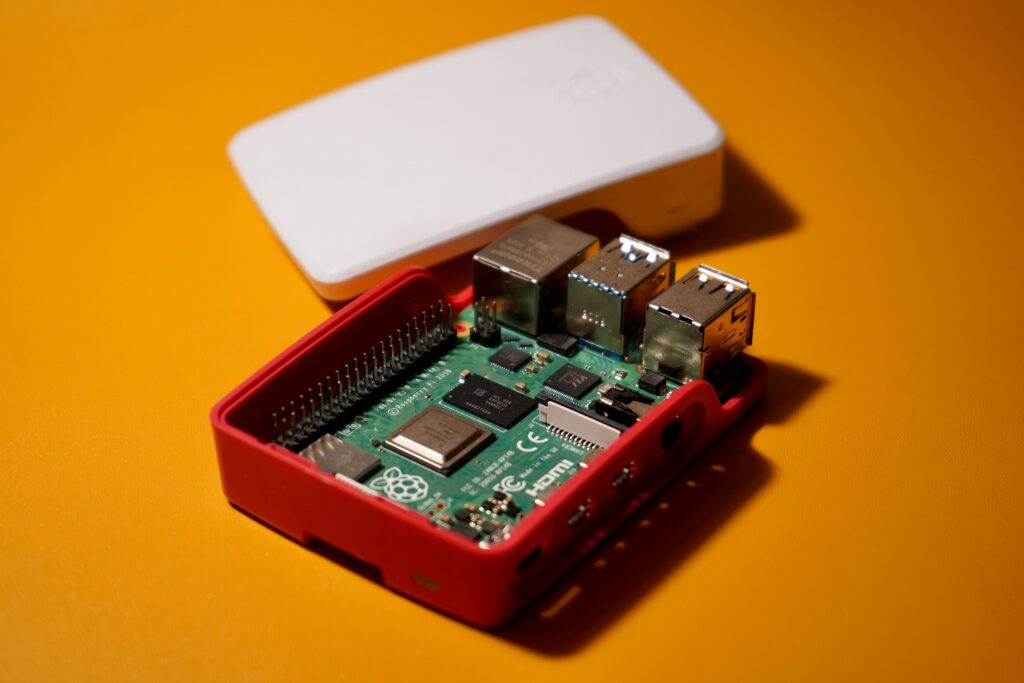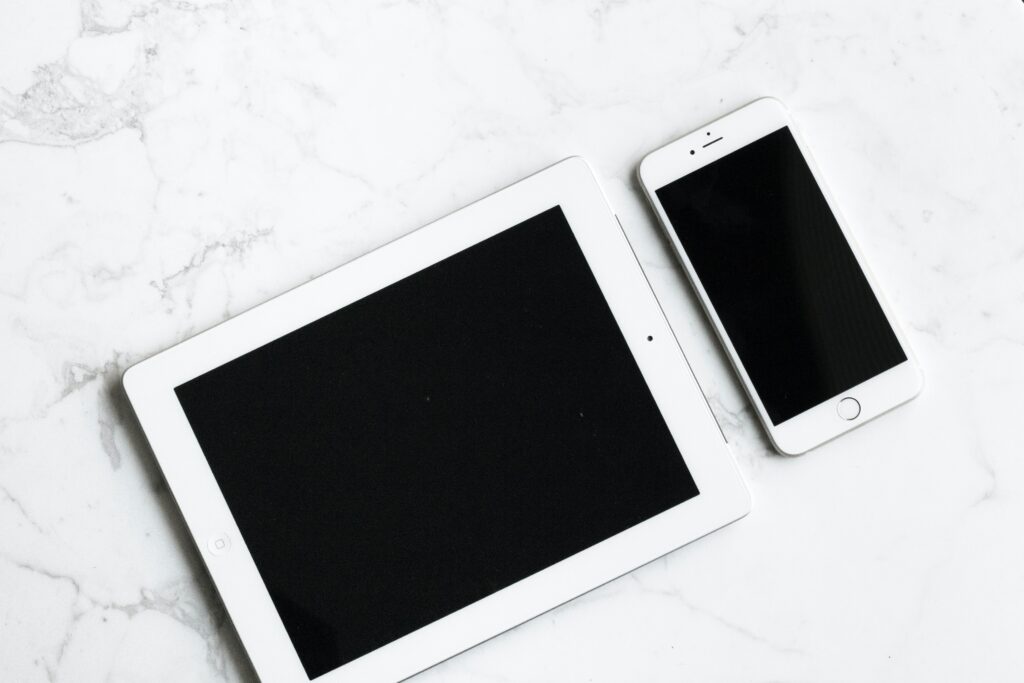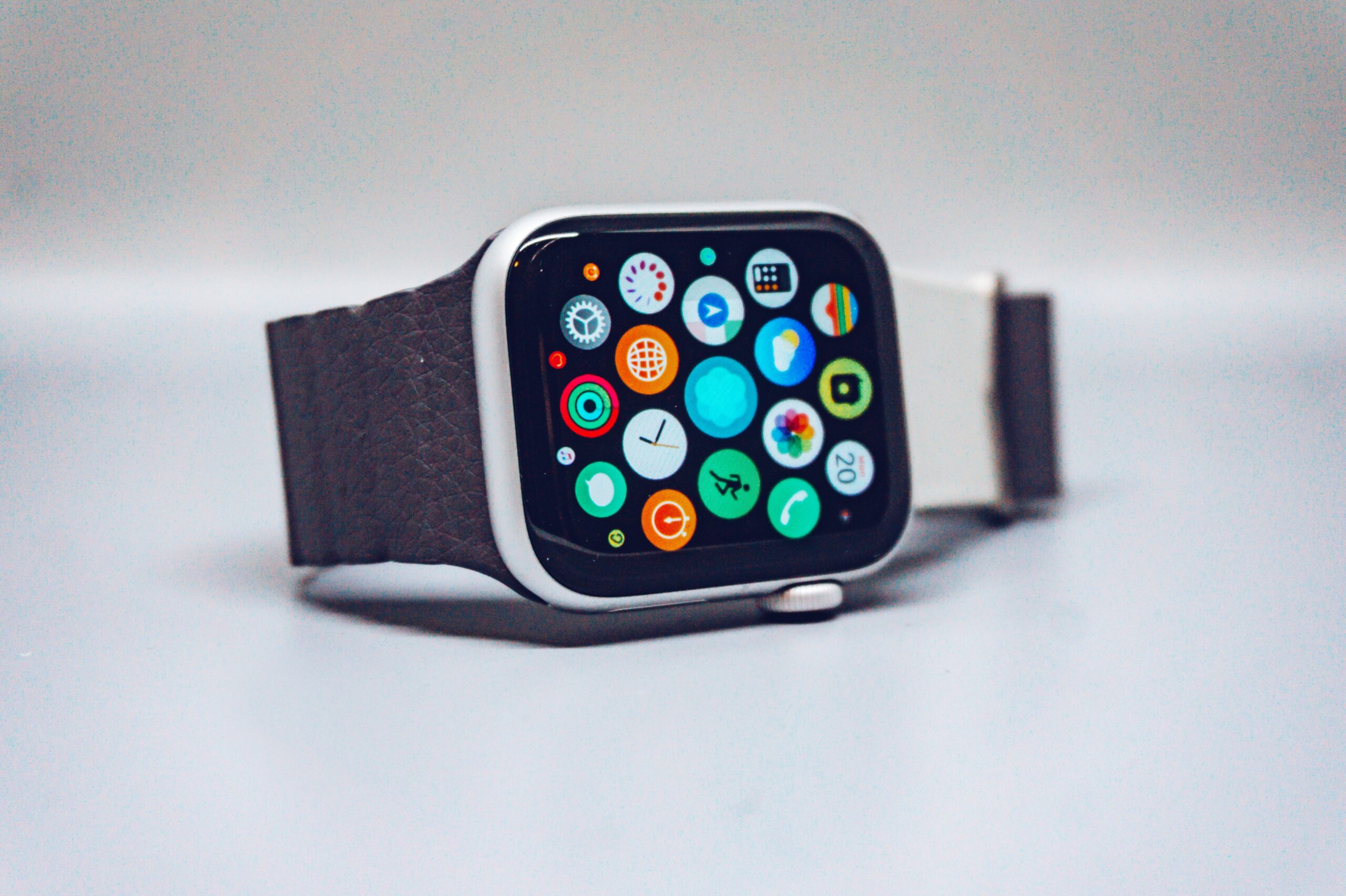The Internet of Things (IoT) is a network of physical objects that are embedded with sensors, software, and other technologies for the purpose of connecting and exchanging data with other devices and systems over the internet. IoT devices are becoming increasingly common in our homes, businesses, and cities, and they are used for a wide range of applications, including:
- Smart home: IoT devices can be used to control and automate our homes, such as smart thermostats, lights, and appliances.
- Wearables: IoT devices can be worn on our bodies to track our fitness, health, and location, such as smartwatches and fitness trackers.
- Industrial IoT (IIoT): IoT devices are used in industries such as manufacturing and agriculture to improve efficiency, productivity, and safety.
- Smart cities: IoT devices are used in cities to improve traffic, energy, and waste management.
How IoT devices are used in day to day life

IoT devices are used in a variety of ways in our day-to-day lives. Here are a few examples:
- Smart home devices: IoT devices can make our lives more convenient and efficient by automating tasks and allowing us to control our homes remotely. For example, smart thermostats can learn our heating and cooling preferences and adjust the temperature of our home automatically. Smart lights can be turned on and off remotely or programmed to turn on and off automatically at certain times of day. Smart appliances can be controlled remotely and even programmed to cook meals for us while we’re away.
- Wearable devices: IoT wearable devices can help us track our fitness, health, and location. For example, smartwatches can track our heart rate, steps taken, and calories burned. Fitness trackers can track our activity levels and sleep patterns. GPS-enabled devices can track our location and provide us with directions.
- Industrial IoT devices: IoT devices are used in a variety of industries to improve efficiency, productivity, and safety. For example, IoT sensors can be used to monitor factory equipment and identify potential problems before they occur. IoT devices can also be used to track inventory and automate production lines. In agriculture, IoT devices can be used to monitor crop conditions and automate irrigation systems.
- Smart city devices: IoT devices are used in cities to improve traffic flow, energy efficiency, and waste management. For example, IoT sensors can be used to collect data on traffic conditions and adjust traffic lights accordingly. IoT devices can also be used to monitor energy consumption and identify ways to save energy. Smart trash cans can be used to track waste levels and optimize waste collection routes.
Benefits of using IoT devices

There are many benefits to using IoT devices, including:
- Convenience: IoT devices can make our lives more convenient by automating tasks and allowing us to control our devices remotely.
- Efficiency: IoT devices can help us to be more efficient in our use of energy and resources.
- Safety: IoT devices can help to improve our safety by monitoring our surroundings and alerting us to potential hazards.
- Sustainability: IoT devices can help us to live more sustainably by reducing our environmental impact.
Challenges of using IoT devices

There are also some challenges associated with using IoT devices, including:
- Security: IoT devices can be vulnerable to cyberattacks, so it is important to take steps to protect them, such as using strong passwords and keeping software up to date.
- Privacy: IoT devices can collect a lot of data about us, so it is important to be aware of how this data is being used and to take steps to protect our privacy.
- Complexity: IoT devices can be complex to set up and use, especially for people who are not tech-savvy.
Conclusion
IoT devices are transforming the way we live and work. They are making our lives more convenient, efficient, and safe. As IoT technology continues to develop, we can expect to see even more innovative and groundbreaking applications in the future.
FAQs What is the main concern regarding the security of IoT devices, and how can it be addressed?
Security is a paramount concern with IoT devices. Many IoT devices are vulnerable to hacking and cyberattacks due to their interconnected nature and the potential for weak security protocols. The primary issue is that, if compromised, these devices can grant unauthorized access to personal data or even control over critical systems.
FAQ 2: What are the benefits of using IoT devices in my day-to-day life?
IoT devices can offer a number of benefits, including:
- Convenience: IoT devices can automate tasks and allow you to control your devices remotely, making your life more convenient.
- Efficiency: IoT devices can help you to be more efficient in your use of energy and resources.
- Safety: IoT devices can help to improve your safety by monitoring your surroundings and alerting you to potential hazards.
- Sustainability: IoT devices can help you to live more sustainably by reducing your environmental impact.
FAQ 3: What are the challenges of using IoT devices in my day-to-day life?
There are also some challenges associated with using IoT devices, including:
- Security: IoT devices can be vulnerable to cyberattacks, so it is important to take steps to protect them, such as using strong passwords and keeping software up to date.
- Privacy: IoT devices can collect a lot of data about you, so it is important to be aware of how this data is being used and to take steps to protect your privacy.
- Complexity: IoT devices can be complex to set up and use, especially for people who are not tech-savvy.
FAQ 4: How can I choose the right IoT devices for my needs?
When choosing IoT devices for your needs, it is important to consider the following factors:
- Compatibility: Make sure that the IoT devices you choose are compatible with your existing devices and systems.
- Features: Consider the features that are important to you, such as remote control, automation, and security.
- Budget: IoT devices can range in price from a few dollars to several hundred dollars. Set a budget before you start shopping.
- Brand reputation: Choose IoT devices from reputable brands.
FAQ 5: What is the future of IoT?
The future of IoT is very bright. As IoT devices become more affordable and easier to use, they are expected to become increasingly common in our homes, businesses, and cities. IoT is also expected to play a major role in the development of new technologies, such as self-driving cars and smart cities.

